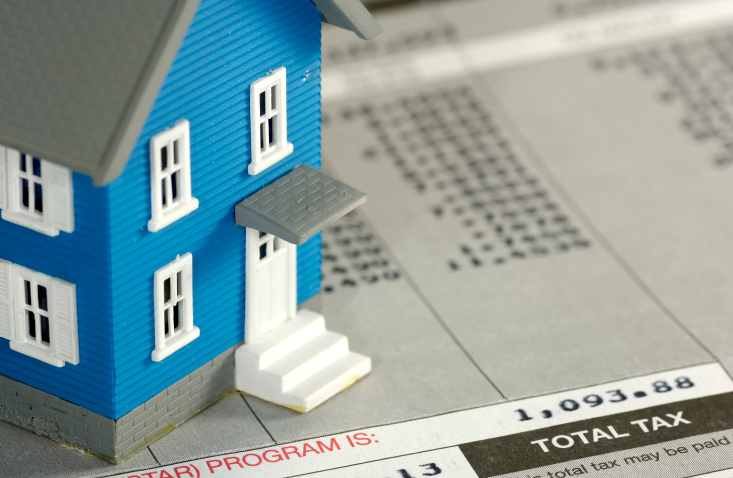Around tax time, many people start to stress out because they do not understand how taxes work or how much they’re going to have to pay. One often misunderstood area of the tax code deals with capital gains. What exactly are capital gains and how are you taxed on them?
Capital Gains Basics
A capital gain is a scenario in which the value of an asset that you own increases in value. For example, when you buy a piece of land and it increases in value and then you sell it, the difference between what you bought it for and what you sold it for is a capital gain. It’s also possible to experience a capital loss if the value of the asset decreases in value before you sell it.
Long-Term vs. Short-Term
You also need to be aware of the two different types of capital gains that you could realize. There are long-term and short-term capital gains. If you hold something for less than a year and sell it for a gain, this is a short-term capital gain. If you hold it for longer than one year and sell it, then this is a long-term capital gain. Long-term capital gains tax rates are lower than short-term ones. This encourages you to hold assets for longer before you sell them for a gain.
Offsetting Capital Gains
If you have capital gains taxes that you are going to have to pay, it is possible to offset some of these gains. If you also realize capital losses, you can use those to offset the gains that you had. For instance, if you sell one asset for a gain of $5,000 and another for a loss of $3,000, then you only have to pay capital gains on the difference, or $2,000. This makes it possible for you to lessen the sting of capital gains taxes a little bit. Some investors will even take a loss on an asset before the end of the tax year just so that they can offset the capital gains that they know are coming.
Considerations
The capital gains tax rates that you pay depend on how much money you make. If you make over $400,000 per year, you’ll have to pay 20 percent on your capital gains. If you make between $36,500 and $400,000, you’ll pay 15 percent on these gains. Those who make less than that pay nothing on capital gains.








